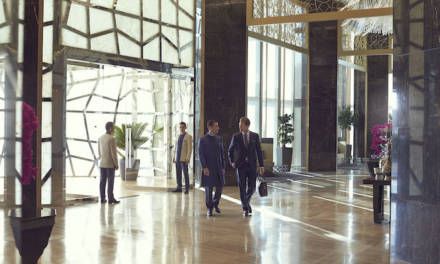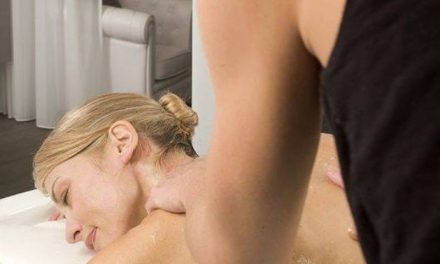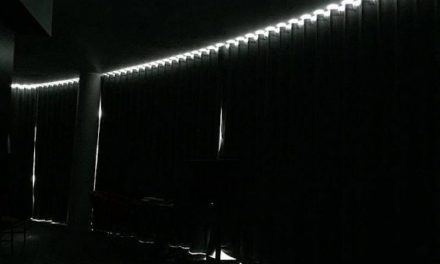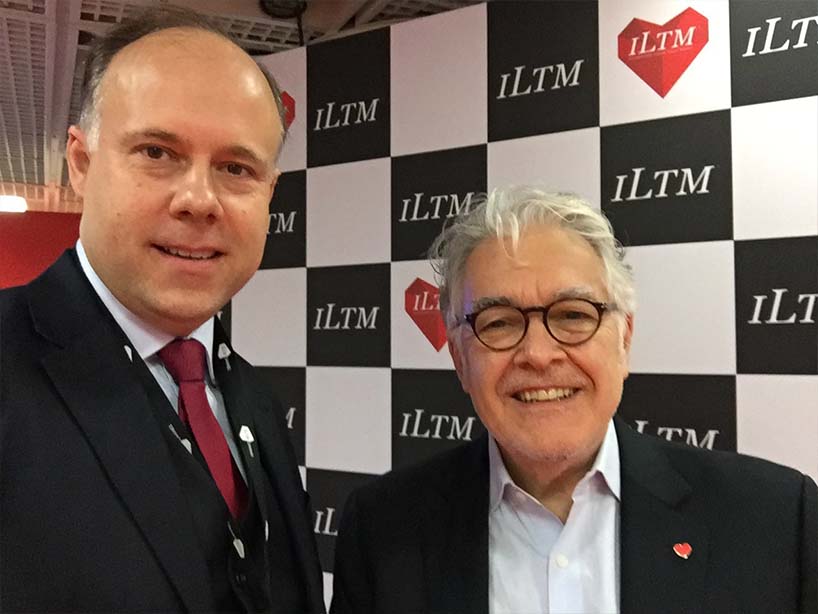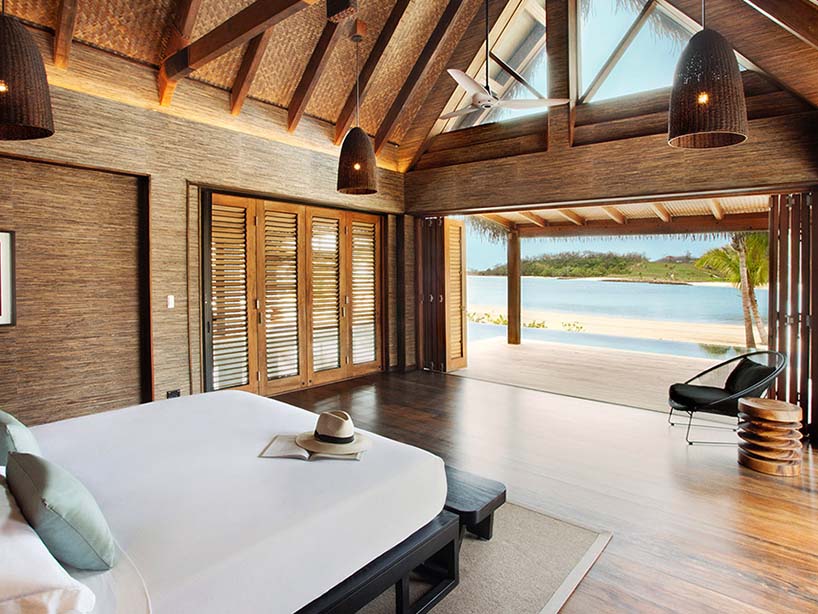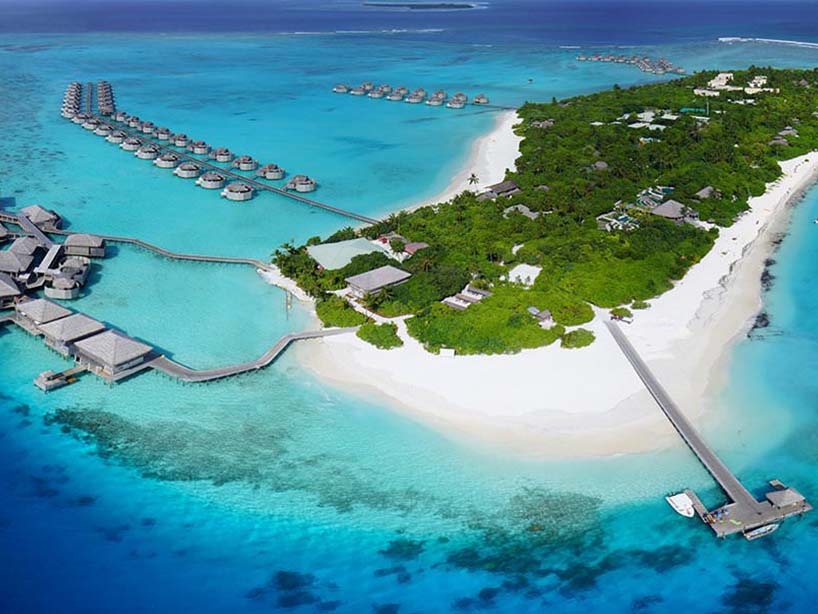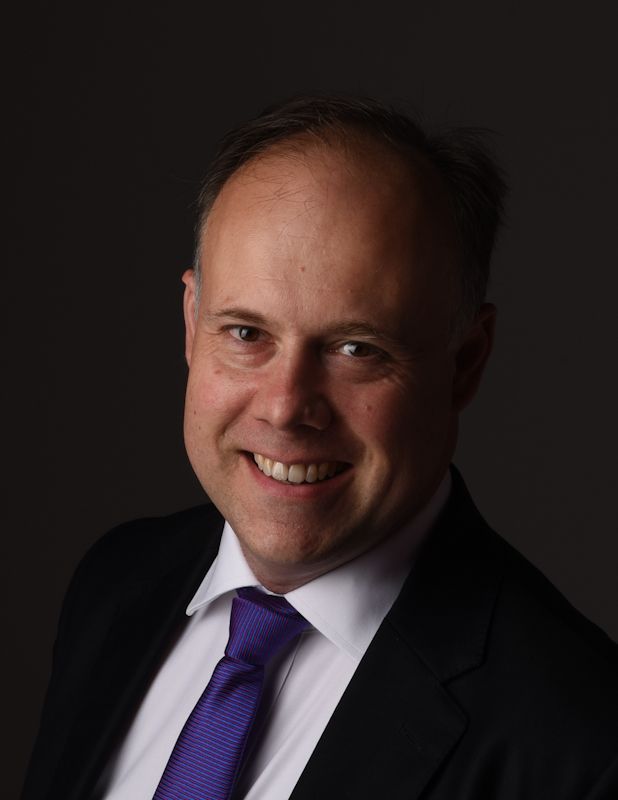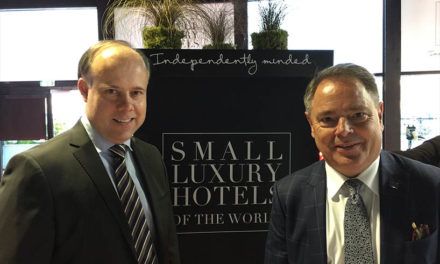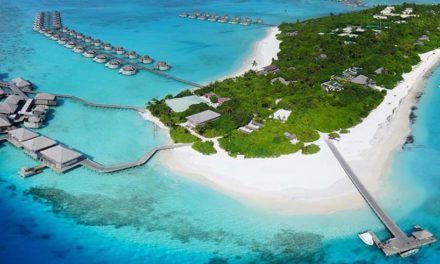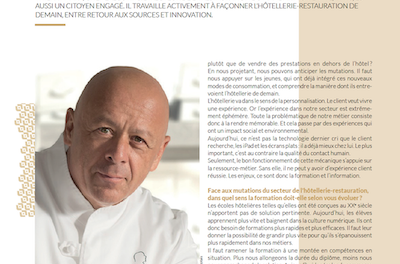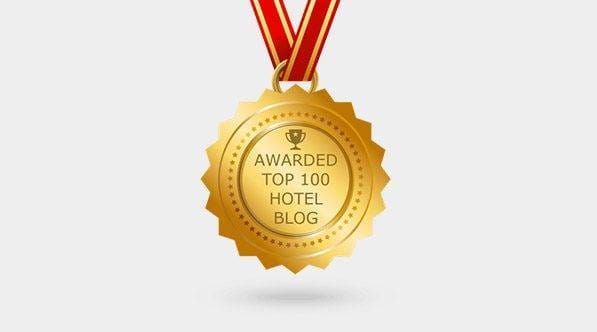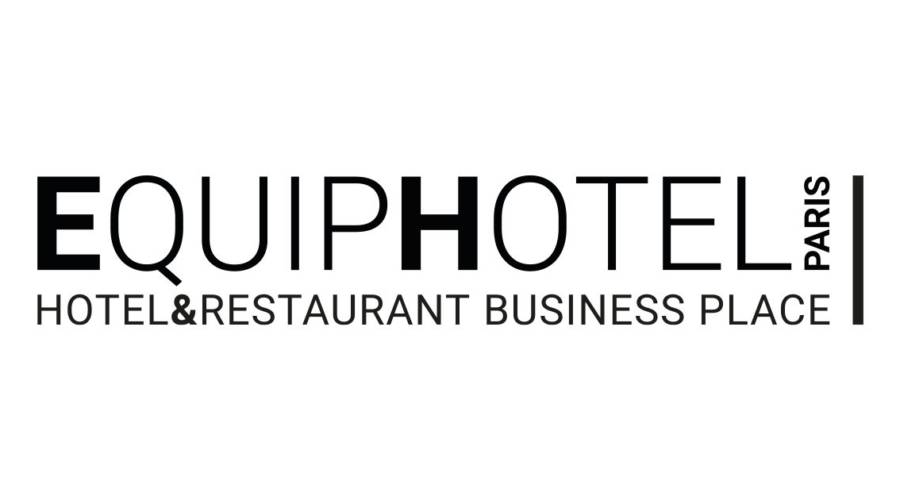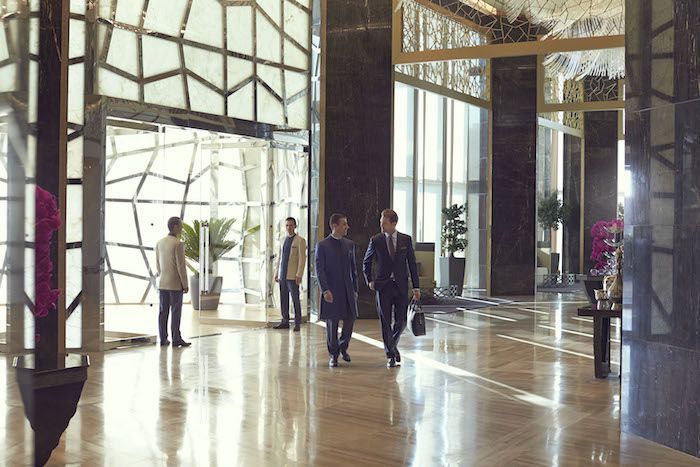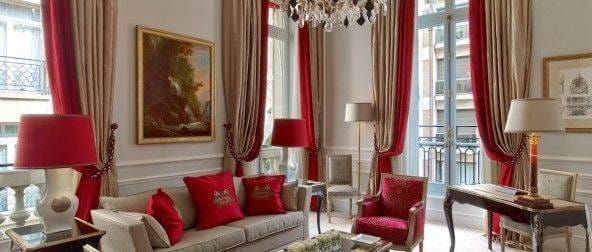Neil Jacobs is the CEO at Six Senses Hotels Resorts Spas. With over three decades of experience in the operation, development and transactional side of hotels and spas, Neil is passionate about wellness, sustainability, inventive design, food and experiential travel.
What are some upcoming projects for this year?
We have lots in wellness. We launched an anti-aging clinic. The first one is in Kaplankaya. Anti-aging from the inside out; not invasive, no Botox. We’re drawing a connection between brain and skin. We have an advanced beauty piece to it, with what’s going on in the brain. We worked on anti-aging with a very accomplished neuroscientist called Claudia Aguirre in drawing those connections in our anti-aging.
On sustainability, the big one this year is we announced completely plastic-free by 2022. Already today, there are no bottles, so we’ve been doing that for years. We don’t have bottled water in our hotels; no Perrier, no Pellegrino, no nothing. That’s not new for us; we’ve always made our own water, and we don’t import anything. But what’s new is plastic generally, and it’s not necessarily about the guest facing stuff; it’s more the suppliers. The fishermen who come with the plastic crates with the fish, etc. It’s about educating all our suppliers. In the kitchens, we were doing a lot of sous-vide. The problem is, every time you do a filet de poisson sous-vide, it’s a little plastic bag, so no more, we can’t do it. We take it pretty seriously. That’s our big mission this year to get everyone thinking in this frame that by 2022, it’s over.
This was our biggest year ever. We opened seven hotels in one year. For us, that’s a lot. We opened Kaplankaya, Bali, 2 urban hotels in Singapore. New York is not opened yet; that will open in April/May 2020. We thought it would be first, but then these two beautiful projects came in from Singapore. They’re sustainable from the point of view that they’re old buildings that we’ve restored, so we haven’t knocked anything down. We do the same on the plastic, the same on the water. The building is an old building, so there’s only so much you can do with an old building. There’s no solar, for example; I can’t do it because they’re protected buildings. We have to do it within the operation.
We opened Fiji. Now Fiji is completely 100% solar and powered by Tesla batteries. All the storage of the solar power, if not consumed, is kept in these Tesla batteries. It’s the first time I think they’ve done a complete property just on those batteries. That is hugely sustainable, just from the construction, natural resources, power generation, alternative power sources, etc. It’s possible.
Bhutan is opening now. Cambodia will open in January. Next year, I’m very excited about Israel in the Negev Desert and we’ll open in Istanbul and the Bosphorus. There are still lots of exciting things happening, and it allows to do more sustainable things.
Six senses – Fiji – Room
How did you find your architect and interior designer?
We don’t always use the same people. There are one or two that we like who really understand us. For example, in the Doura Valley and Kaplankaya outside Bodrum, we used the same lady to renovate because both were existing hotels. She’s out of New York; her name is Kloda, an Irish woman. We like to work with her because she’s very organic, she’s very sustainable, she understands wellness, she’s a wellness practitioner, so she kind of gets it. That’s not always the case, so we have to find designers who share our ethos. Sometimes we design ourselves, but I don’t want to go everywhere. For example, we did Bhutan ourselves. We do a lot of spas ourselves. It’s easier to do it ourselves and teach someone how to do it. We’re designing the hotel in Ibiza ourselves. We have a few like in New York where we have a Parisian designer, Gilles & Boissier. We have Réda Amalou as an architect. He did Côn Dau for us. He’s doing Kitzbühel for us, so we spread it around.
We have a Head of Sustainability in Bangkok. In every hotel, there’s a directory of sustainability, so it’s a huge commitment. You don’t find that in most hotel companies. When we do a project, we insist with the new owner that they hire a sustainability consultant. That is a deal-breaker; if they say they don’t want to do that, then there’s no deal. I’m not a great believer in accreditation, but sometimes when you are dealing with hotel owners, you need a minimum baseline. We have LEED-Silver as a minimum. In Europe, it’s BREEAM. Those go into our contracts. They add value to our buildings. The owners don’t always think so because they still think it costs so much more, but it doesn’t cost so much more and you save so much money and it’s the right thing to do.
What we do—and it’s in our contracts—0.5% of our revenue, our total income, has to go to a sustainability fund. It’s not negotiable. If you don’t want to do that, no deal. We’ll go somewhere else. Every hotel has this fund within where they have to talk to us about where the money’s going to spent and so on.
The funds stay locally. It’s better that way. Initially, when we bought the company, the money came to a center and as a group, we spent it. But it’s not right. When we bought the company, I felt that if the money is raised in Oman, it should stay in Oman, not go to Thailand or France or whatever. It needs to stay local, so we changed it. The General Manager decides, and he has to talk to us, so it’s a collective decision.
How important is wellness to your hotels?
We’ve created meditation and yoga rooms. But it’s so much more than that. Our programs are around sleep, around food, around integrated wellness. We tune into blood oxygen levels, there’s a jet lag app that’s been tested now. We work with the Harvard professor of sleep. We are looking in energy programs in South America, shamanic rituals, we have incredible yoga programs. I think we’re really the leader in that. I don’t think we have too many competitors, at least on our level.
When we took the Singapore hotel, it was very small. 48 rooms. A historic building. No spa, no nothing. Just 48 rooms, a reception desk, a lounge, a bar, a restaurant. That’s it. I go, “Oh, what are we going to do here? How can I do Six Senses without wellness?” I can’t. We differentiate now: spa is spa, wellness is wellness. They’re different things.
There is a little lounge, maybe 15 square meters where you can sit 3 or 4 people right next to the check-in desk. And it was like a little private meeting for drinks or for a meeting. I said we should get rid of it, just rip it out. The owner said I couldn’t change anything; he said, “If you change anything, you pay for it.” I said, “Ok. I’m going to pay for it, but I need to rip out this lounge.”
So I tore everything out and put in a Chinese doctor, full-time, and a cupboard that they call “the cupboard of 100 drawers.” We put in a Chinese doctor so when you check in to the hotel, he comes and takes your pulse, and you do a consultation with the doctor. We’re in Chinatown. It’s complimentary. And it’s amazing. Instead of a welcome drink, you have a singing bowl ceremony which people love.
In the rooms, we put a basket of wellness toys, a little book of wellness, a Tiger Balm, a foot massage thing—all in the room. And the Chinese doctor works with the kitchen so we have one Chinese restaurant, and alongside the menu, we have a Chinese herbal health menu. All of a sudden, just with a bit of imagination, we have a lot of wellness going on in these 48 rooms. No spa.
The second one that opened on Sunday, we have a little spa. And it’s two streets away, so if you’re one, you can go to the other. They’re two different hotels, two different buildings, but we call them Six Senses Singapore in two different buildings. One is very Chinese and one is very European.
Six senses Laamu
Laurent Delporte, an editor and conference speaker, is a strategic expert in the sector of hotels. A visionary, he brings his unique look on hotels in service to the decision-makers in the industry, whether to enhance the development of new projects or strategic visions.
Laurent has visited and audited over 350 hotels across the world and also participates in mystery visits to provide quality control for the world’s finest hotels.


 HOME
HOME